
Quantum Information Research Group
Overview
The Quantum Information Group is deeply engaged in a broad spectrum of research areas critical to the advancement of quantum technology. This includes exploring the fields of quantum security, networking, metrology, sensing, and computing. The group develops and analyzes protocols using both discrete variable and continuous variable systems, focusing on their application and optimization across different quantum technologies.
Additionally, the group is interested in understanding the fundamental limits of quantum communications. This research involves a thorough investigation into the quantum and private capacities of quantum channels, aiming to identify and extend the boundaries of what is achievable with current and future quantum systems.
Members of the group have made significant contributions to both the theoretical and practical aspects of quantum communication and quantum computing. They have provided rigorous proofs of quantum security that underpin the trustworthiness of next-generation communication systems. Moreover, they are actively involved in developing the theory and architecture of quantum networks, which lays the groundwork for implementing scalable and efficient quantum infrastructures.
Aims and Objectives
The group is committed to designing innovative quantum information protocols, aiming to redefine the boundaries of existing technologies and establish new benchmarks for their performance and security. Their research focuses on both the theoretical development of these protocols and their practical applications, seeking to uncover the ultimate limits of what these advanced systems can achieve. The group is actively involved in translating these theoretical constructs into real-world applications, experimenting with practical implementations that can be integrated into existing technologies. Through these efforts, they aim to bridge the gap between abstract quantum theories and tangible technological advancements, paving the way for robust, scalable, and secure quantum technology.
Impact
- Development of Unbreakable Quantum Communications: Enhancing the security and reliability of data transmission by leveraging quantum cryptography.
- Development of Superior Quantum Sensors: Creating highly sensitive and precise sensors capable of detecting phenomena at unprecedented levels, which could revolutionize fields such as medicine, environmental monitoring, and navigation.
- Development of Practical Quantum Computing: Advancing the algorithms required for quantum computing to solve complex problems far more efficiently than classical computers, opening up new possibilities in drug discovery and materials science.
- Philosophy of Computing: Advanced analysis aimed at deepening the understanding of computation, focusing on the interplay between abstract computational models and their physical implementations.
Stories
Group members
| Photo | Contact details |
|---|---|
| Academic staff | |
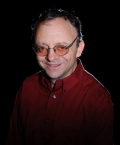 |
Academic staff |
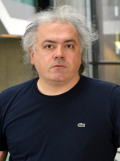 |
Academic staff |
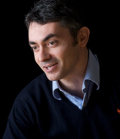 |
Academic staff |
| Research staff | |
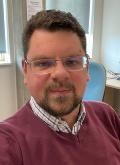 |
Panos Papanastasiou Research Assistant |
| Postgraduate research students | |
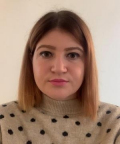 |
Jess Park Postgraduate Research Student |
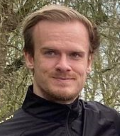 |
Matt Young Postgraduate Research Student |
 |
Celyn Birkinshaw Postgraduate Research Student |
 |
Matthew Barber Postgraduate Research Student |
 |
Alexandra Politi Postgraduate Research Student |
